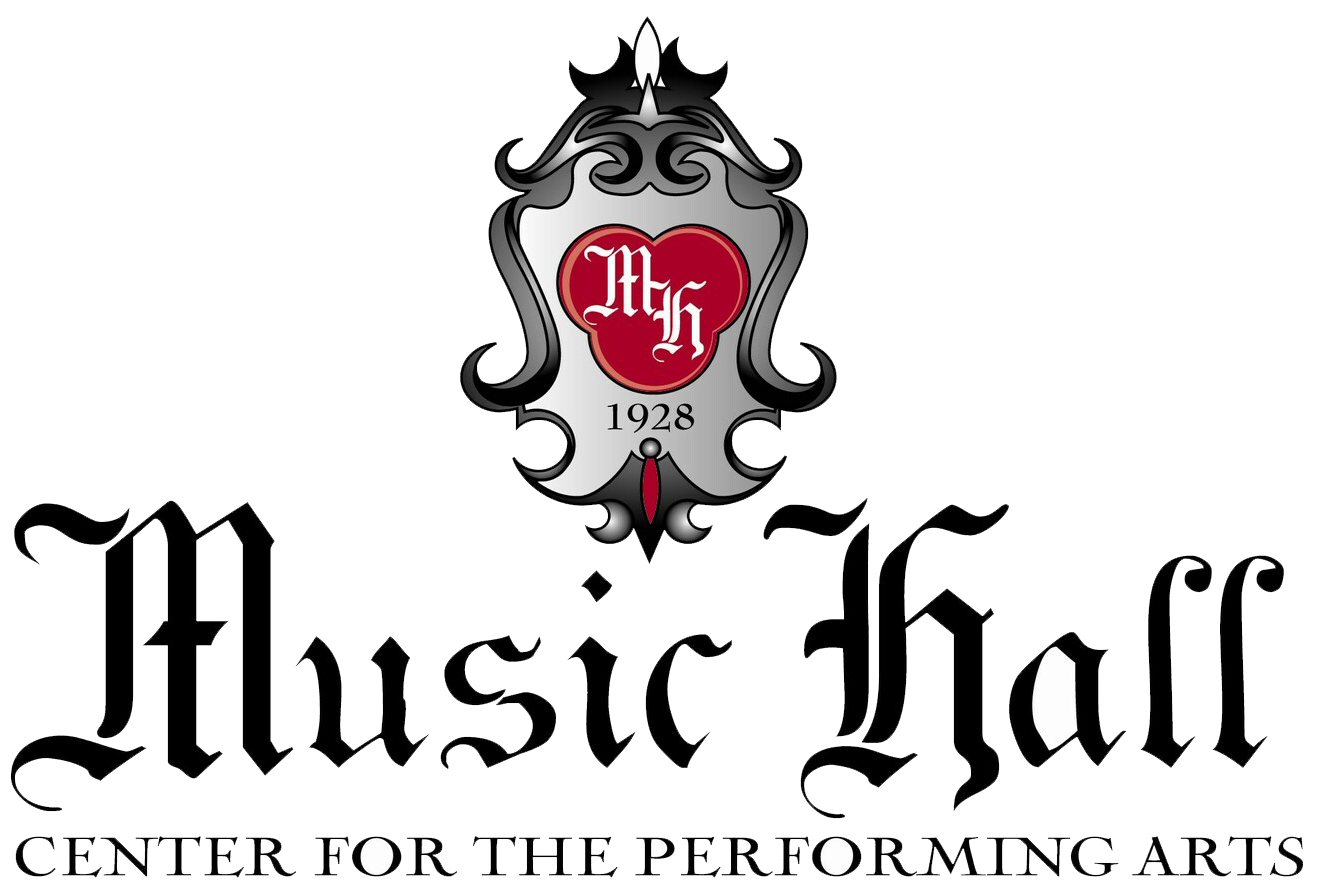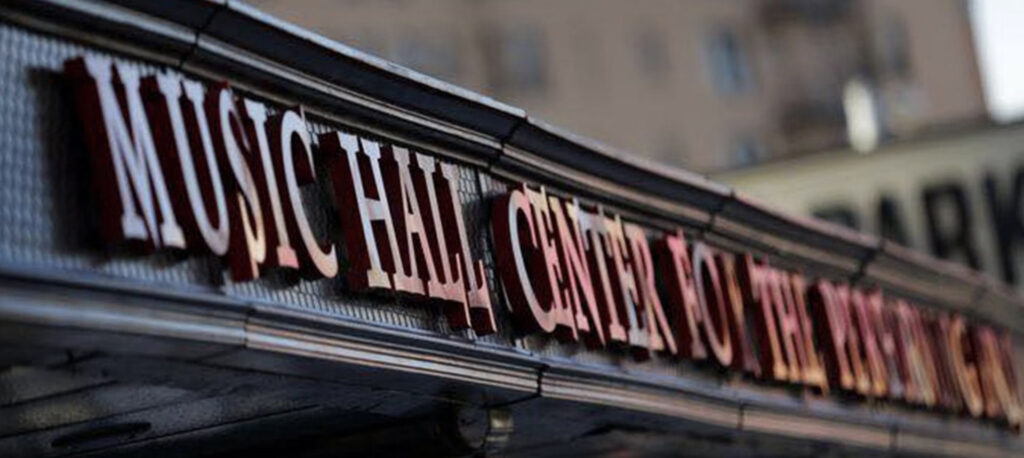
For nearly a century, the Music Hall Center for the Performing Arts has been a cornerstone of Detroit’s artistic and cultural community. Founded in 1928 by visionary philanthropist Matilda Rausch Dodge Wilson, Music Hall has played a pivotal role in enriching Detroit with performances and educational programs that reflect the city’s diverse communities. Known as Detroit’s “People’s Theater,” the venue has always delivered high-quality, non-elitist performing arts with a focus on inclusivity and cultural diversity.
“Our goal has always been to create a space where the entire community feels welcomed, seen, and inspired,” says Vincent C. Paul, President and Artistic Director of Music Hall. “Whether it’s jazz, ballet, theater, or education, we aim to foster an environment that celebrates Detroit’s cultural richness.
”On the eve of Music Hall’s 100th anniversary, it is preparing for its most ambitious project yet: a $122 million expansion designed by the renowned Tod Williams Billie Tsien Architects (TWBTA). This bold expansion will solidify Music Hall’s position as a central player in Detroit’s cultural renaissance while driving innovation in music programming, education, and community engagement. More than just a building project, the expansion reflects the organization’s long-standing commitment to accessibility, artistic excellence, and the continued growth of Detroit’s cultural fabric.
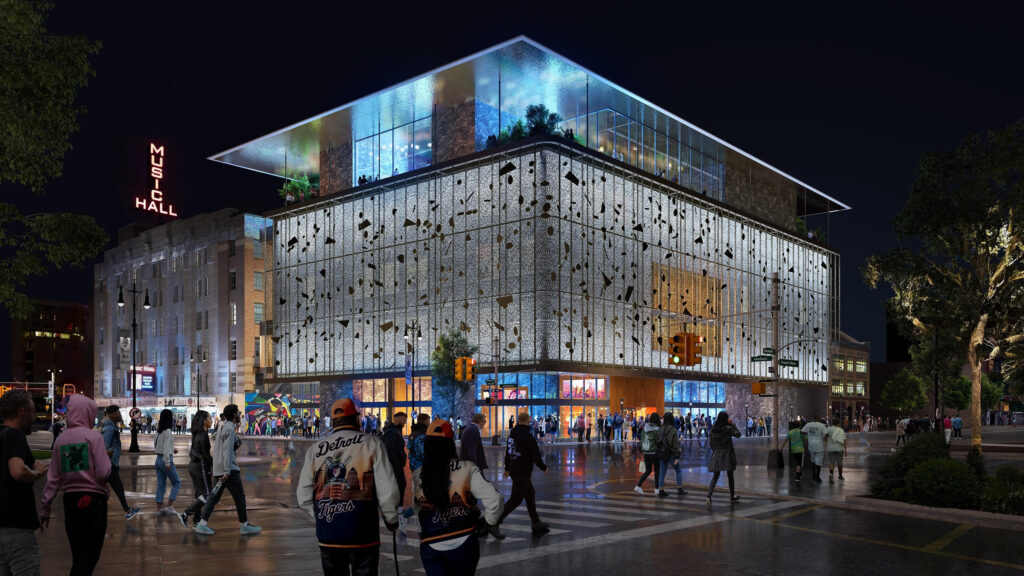
A Historic Gem Reinvented
When Music Hall opened as the Wilson Theater in 1928, Matilda Wilson’s decision to create a state-of-the-art venue for live productions, despite the rise of film, was both bold and visionary. Her commitment to inclusivity, welcoming people of all ethnicities to the audience and stage, set a groundbreaking standard that continues to define Music Hall’s mission today.
The expansion project, set to open in 2026, will significantly enhance Music Hall’s capacity to meet the growing demand for music programming and cultural events. At seven stories and 100,000 square feet, the new facility will include a state-of-the-art 24,000-square-foot concert venue, adding 1,900 seats to the existing capacity. This major addition will allow Music Hall to host larger, more diverse performances while maintaining its focus on local talent.
“The expansion will welcome the world to Detroit,” says Vincent. “It honors our musical legends while creating opportunities for the legends of tomorrow, engaging our community and attracting global tourists to celebrate their heroes.”
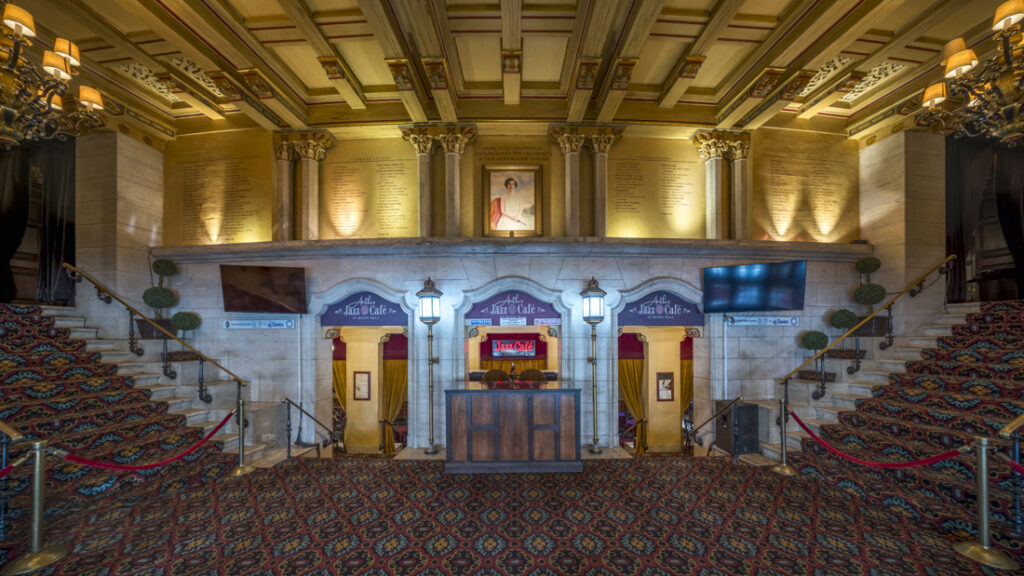
Alongside the concert venue, the expansionincludes a 200-seat recital hall for intimateperformances, lectures, and events. It will alsofeature state-of-the-art recording and practicestudios, offering essential resources for localand visiting musicians, helping to nurtureDetroit’s growing music industry.
The expansion’s design is as innovative as its programming. The chamfered floating canopy, cantilevered over sidewalks and alleys, is a standout feature, casting light below. Enclosed aerial walkways will link the historic 1928 Music Hall to the new expansion, symbolizing the connection between its past and future. The 4,000-square-foot alley between the buildings will be transformed into a vibrant urban space with outdoor seating, public performances, and art installations, emphasizing Music Hall’s commitment to community engagement and accessibility.
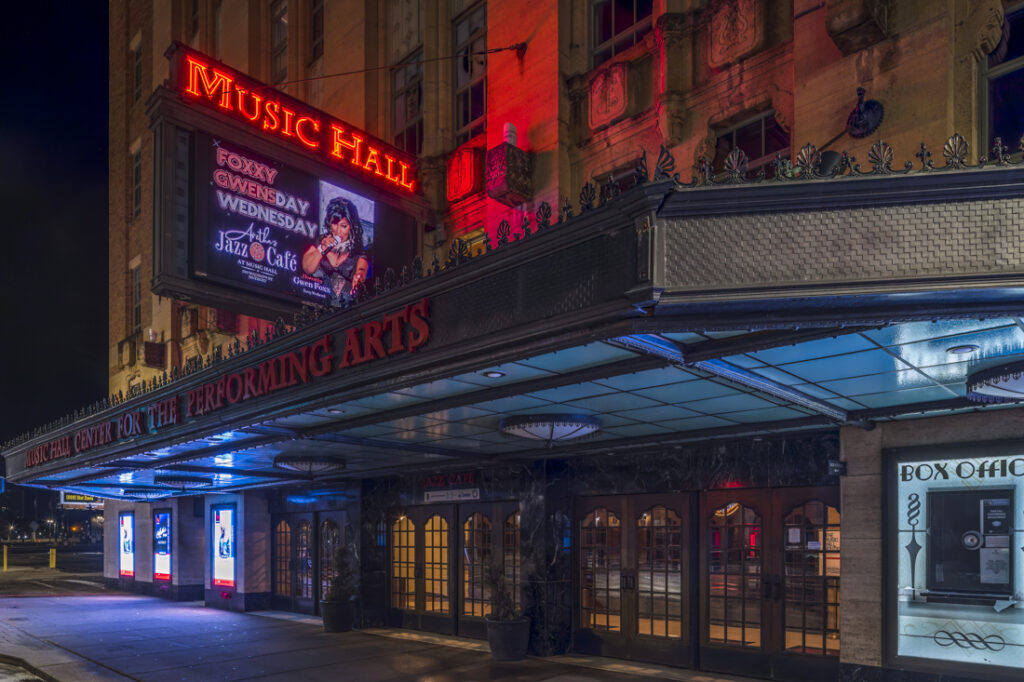
Off the Sheet Music
Despite its rich history, Music Hall has never rested on its laurels. Under Vincent’s leadership, the Center has continually transformed to stay relevant and sustainable. When the 2008 financial crisis hit Detroit’s arts institutions, Vincent responded with innovation and reinvention.
“We had to think outside the box, quite literally, ”Vincent recalls. One example was converting a former cloakroom into Aretha’s Jazz Café, a 100-seat venue honoring Aretha Franklin, which quickly became a favorite for intimate performances. In 2014, the rooftop 3 Fifty Terrace was added, offering stunning views and becoming a popular summer hotspot. During the pandemic, Music Hall again innovated, turning a parking lot into the Music Hall Amphitheater, now used for concerts and events.
“Every new space is an opportunity to engage more people and showcase more art,” Vincent emphasizes, reinforcing Music Hall’s mission of accessibility through innovation.
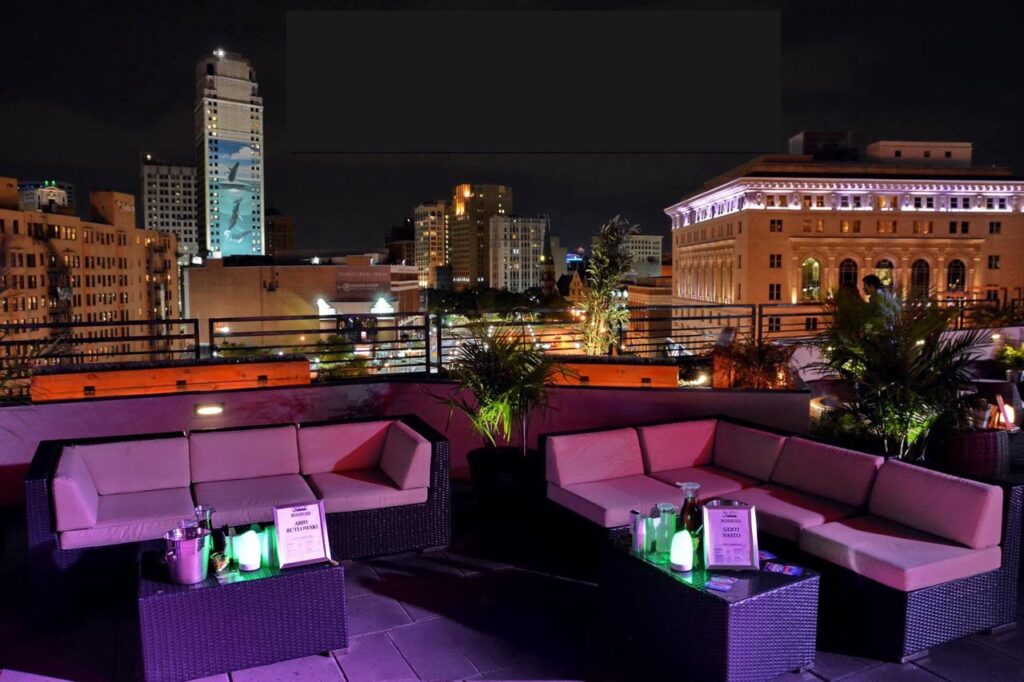
Education: Cultivating Detroit’s Future Artists
Education has always been at the heart of Music Hall’s mission, and the expansion will enhance its role as a leading provider of arts education in Detroit. Through the Julius V. Combs Music Education Programs, Music Hall serves nearly 5,000 students annually with free music lessons, vocal training, dance workshops, and more, specifically targeting underserved youth to ensure equal access to high-quality arts education.
“We believe in the power of the performing arts to transform lives, especially for young people,” says Vincent. “By giving them the tools and inspiration to express themselves, we’re shaping not just artists but confident, empathetic individuals.”
The expansion will feature a world-class music academy with classrooms, practice rooms, and performance spaces to nurture the next generation of musicians, composers, and artists. Offering free access to these facilities helps cultivate the future of Detroit’s arts community.
The academy will also host masterclasses, workshops, and artist residencies, providing invaluable mentorship and hands-on experience for young artists, solidifying Music Hall’s status as a premier destination for arts education.
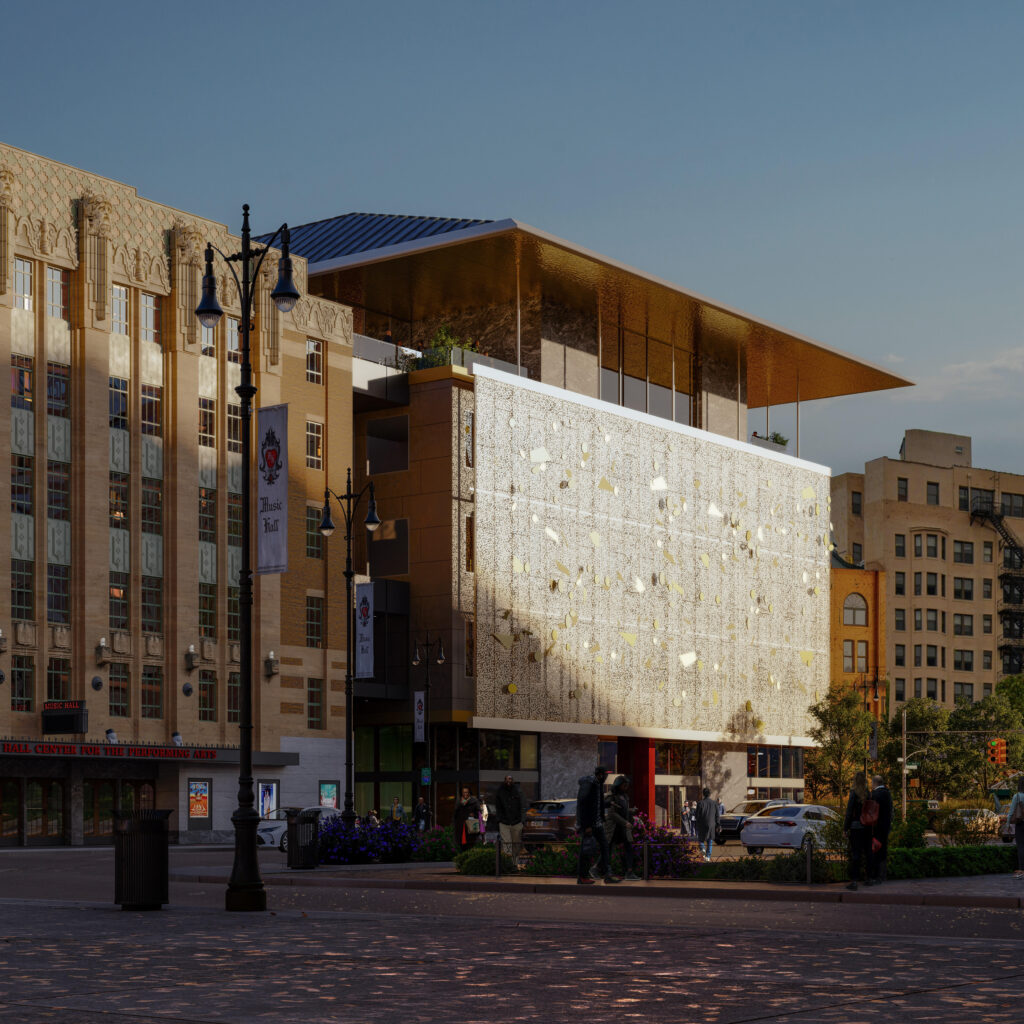
Economic and Cultural Impact
The expansion isn’t just a cultural endeavor- it’s an economic catalyst for Detroit. Backed by $80 million in tax-exempt bonds from the Detroit Economic Growth Corporation (DEGC), the project is set to create 446 jobs, over 5,000 opportunities for artists, and nearly 100 contracts for independent vendors.
The expanded Music Hall will also attract global tourism, drawing visitors to Detroit’s vibrant cultural offerings. As a world-class destination for music and performing arts, Music Hall will help reinforce Detroit’s reputation as a city of creativity, innovation, and resilience.
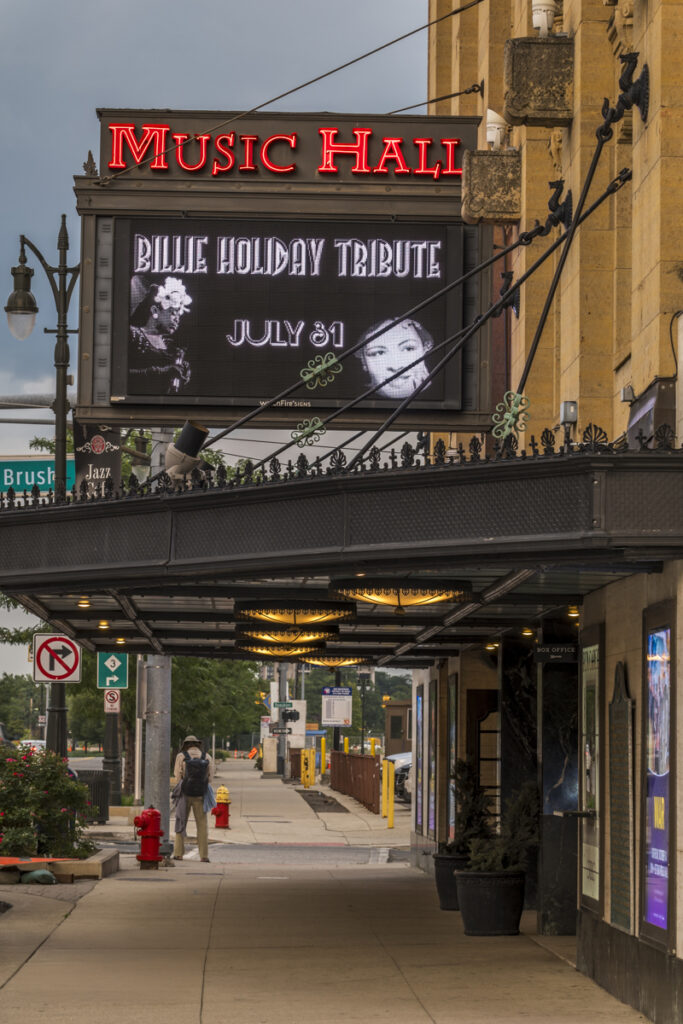
The Future
As Detroit experiences a cultural and economic revival, the Music Hall expansion marks a bold step toward the future. With a focus on innovation, inclusivity, and education, Music Hall is set to lead Detroit’s arts scene for generations to come.
“We’re excited to see how this new chapter will unfold and what it will mean for Detroit’s cultural landscape.” With innovative programming, a deep commitment to education, and strong community ties, Music Hall ensures that Detroit’s cultural future shines brighter than ever.
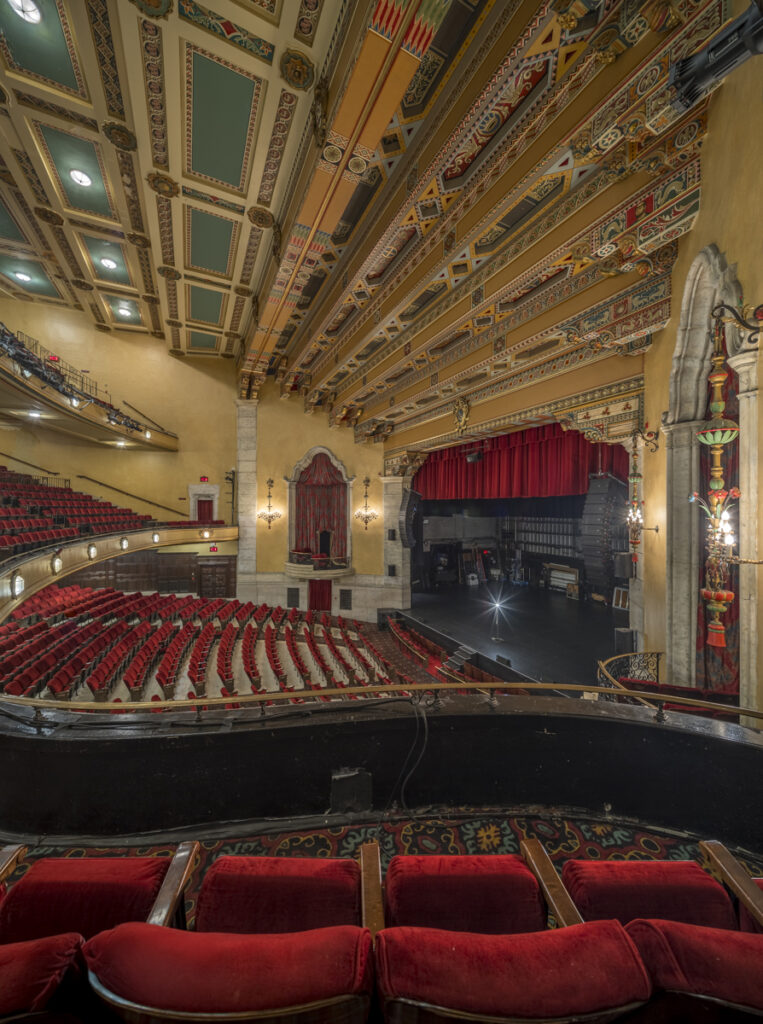
“We fight for Music Hall for three reasons: saving an architectural gem, a generational responsibility to keep the performing arts alive, and using entertainment as a tool to bring people together for a more inclusive, pluralist society.”
Leland K. Bassett, founding co-chair of The Producers


